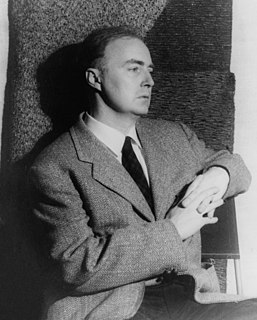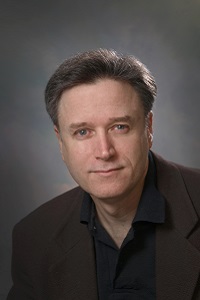A Quote by Laura van den Berg
Like many American readers, I was first introduced to Magda Szabo's work when New York Review Books reissued the Hungarian master's profound and haunting novel 'The Door.'
Related Quotes
I follow my own nose. So I read things that are different. People will always say to me, "Have you read Robert S. Bosco's latest novel?" or "Have you read so and so's history of Peru, which is reviewed in the New York Review of Books and the New York Times and has a buzz about it?" I don't even know what you're talking about. I'm like from another planet. I'm a pygmy from the jungle.
I started work on my first French history book in 1969; on 'Socialism in Provence' in 1974; and on the essays in Marxism and the French Left in 1978. Conversely, my first non-academic publication, a review in the 'TLS', did not come until the late 1980s, and it was not until 1993 that I published my first piece in the 'New York Review.'
I first considered writing 'New York' in 1991. I'd been in the city for a decade, was married to an American wife, and sending my children to New York schools. I was even on the board of a coop building. But I wasn't sure how to organize such complex material, and for many years I put the project aside.
Anthony Ryan is a new fantasy author destined to make his mark on the genre. His debut novel, Blood Song, certainly has it all: great coming of age tale, compelling character, and a fast-paced plot. If his first book is any indication of things to come, then all fantasy readers should rejoice as a new master storyteller has hit the scene.






































